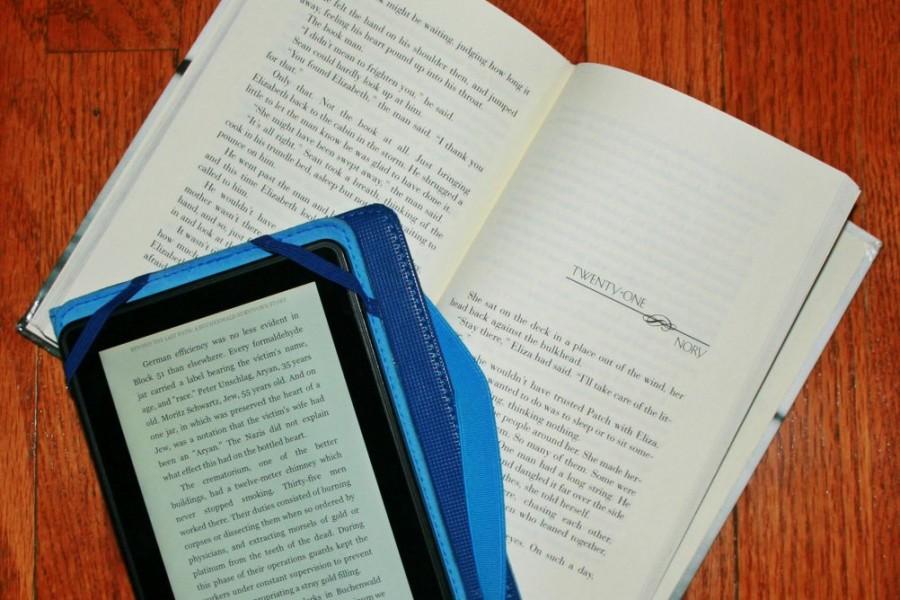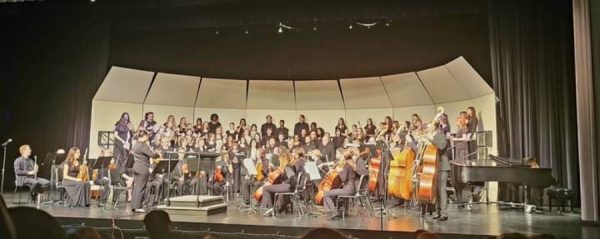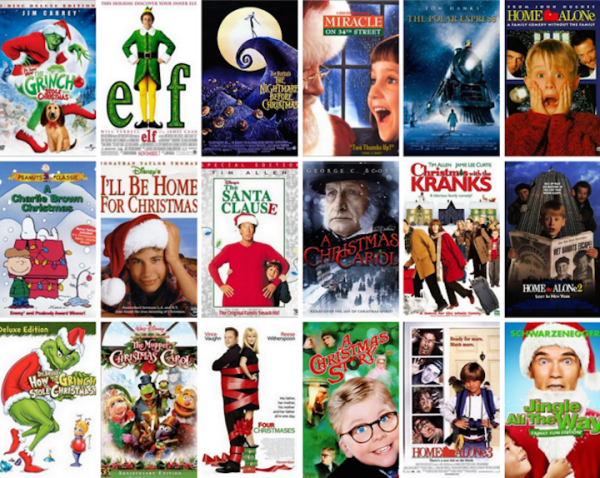Paper or digital? Books come in both forms today
IMAGE / Makenzie Schroeder
In this day and age, technology is advancing faster than many people can keep up. One popular gadget is e-readers.
When e-readers came out, people enjoyed having a way to carry all of their favorite books with them in a simple, sleek design.
E-readers are enjoyable for many people who like to read when carrying around books becomes cumbersome.
The devices can hold hundreds of books, conveniently stored for easy access. Books can be purchased and downloaded on the devices within seconds.
E-readers do not use the paper that it takes to print normal books. Many use a type of electronic ink that does not have a glare so reading in the sun is easy.
This electronic ink also helps in other ways, like preventing eye strain that people can get from normal electronic devices.
Battery life for e-readers is long, so people can read for hours without fear of their e-reader running out of energy.
E-readers are not cheap, but, compared to tablets, they are cheaper and hold up better against damage.
Many companies are now allowing e-readers to share certain books between them so people can “loan” each other their favorite books. Local libraries are adapting this method by putting books online that are available to e-readers for short amounts of time.
Senior Rebecca Taylor reads both paper books and e-books, but she finds e-books more convenient.
Taylor said, “I can highlight stuff, and it’s lighter to carry around.”
Taylor likes to put her textbooks on her tablet because it is lighter and easier to access.
“I prefer my tablet because the books are all on there,” Taylor said.
However, books have many benefits that e-readers do not.
Amazon’s Kindle and Kindle Fire must compete not only with competitors like Barnes & Noble’s Nook but also with the growing number of people who have decided to stick with print books instead.
Unlike e-readers, books never have to be charged, so people can use them whenever they want as long as there is enough light.
Many people say the real thing is always better than the substitute. With e-readers, the book smell and physical turn of the pages is not possible.
The difference between sliding a finger across the screen and turning an actual page is too great for many readers to adjust to e-readers.
The problem with many e-readers is they are becoming more like tablets with back-lit displays and LCD screens. These screens can hurt a person’s eyes if they are read for too long.
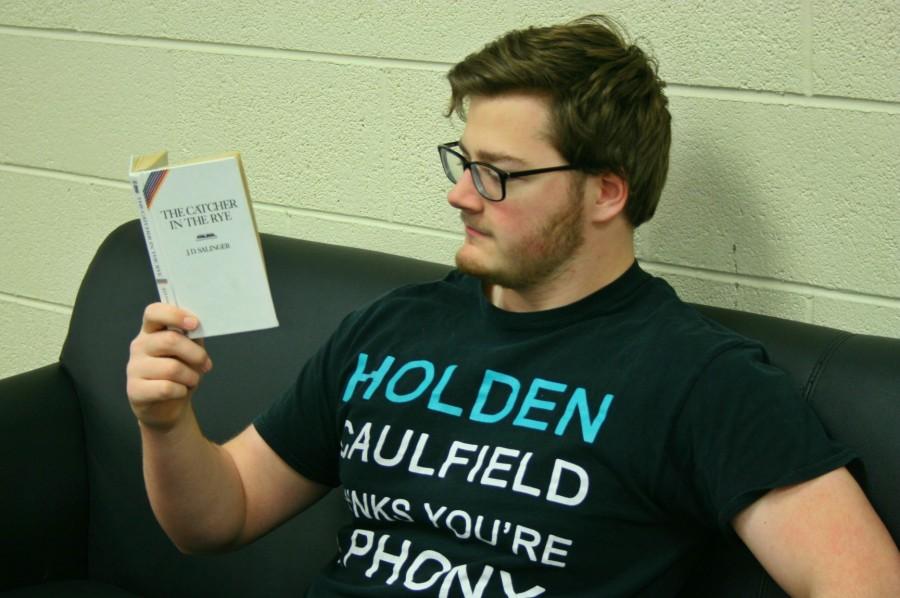
Senior Chris Miller reads “The Catcher in the Rye.” He is wearing a shirt that references the book.
Another point for books is that they are simple. There are no format settings or options to distract the reader from the story.
Also, e-reader consumers cannot transfer books from one brand of device to another. If a person switches brands, they will lose all of the money they spent on that device’s books.
Another downside to e-readers is that poems are almost impossible to read on e-readers. The syntax of many poems is destroyed in the formatting of electronic text files. Poets often put a lot of meaning into the syntax of their poem, so e-readers can take away from the quality of the poem.
Copyrights are also a problem because many people will steal books off of the Internet so they do not have to pay.
Senior Chris Miller only reads paper copies.
Miller said, “I just like having the collection in my house. It is also satisfying to see all of the books piled up and see what I have read.”
Miller has a laptop where he has read a few e-books, but he says he will not be switching to an e-reader anytime soon.
“I prefer reading the actual copy,” Miller said.
The choice between e-readers and actual books is a tough one, but it is always the reader’s preference that matters.
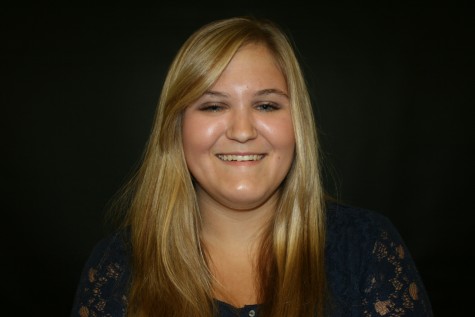
Class: Senior
Clubs: National Honor Society, St. Mark Lutheran Youth Group
Hobbies: Reading, Talking, Watching movies, Hanging out with friends
Future...

Class: Senior
Extracurricular Activities: National Honor Society, DECA
Sports: Varsity dance, varsity tennis
Hobbies/Interests: Reading, shopping,...

